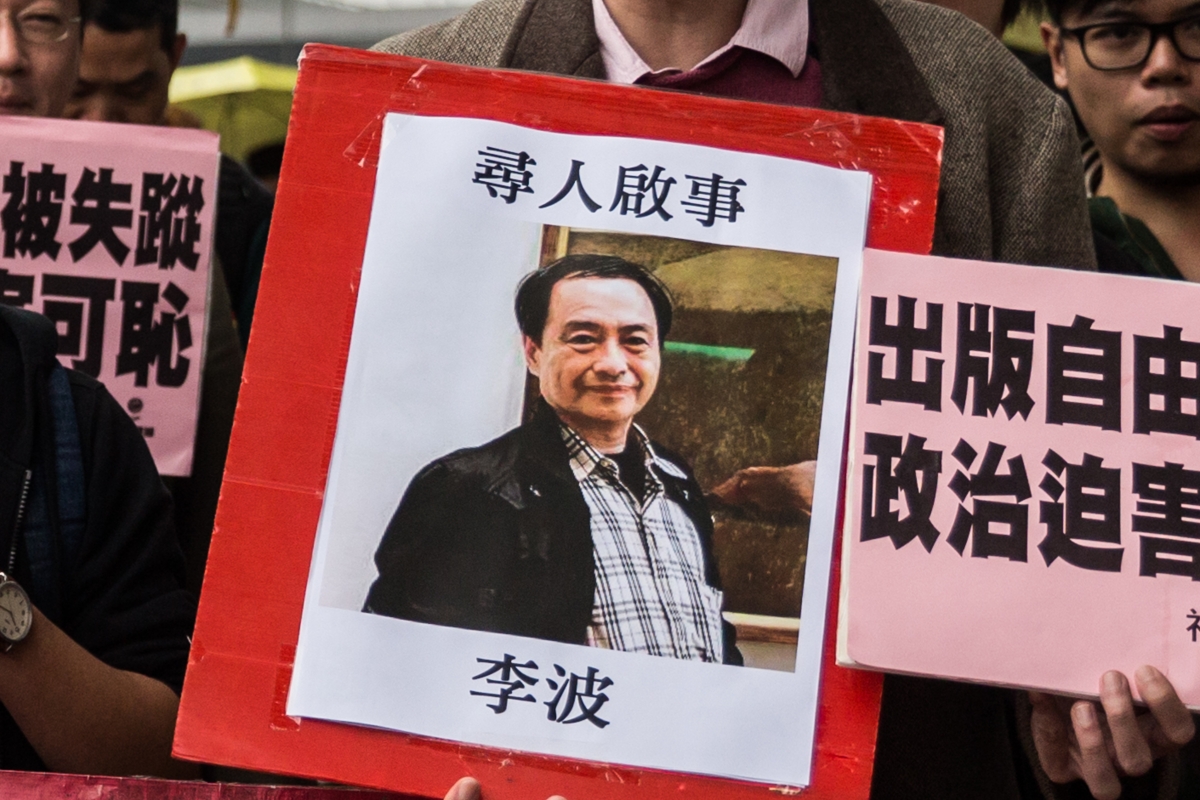Guatemala Charges Ex-Military Officials With Civil War Crimes
By Samuel Miller
Impunity Watch Desk Reporter, North America and Oceania
GUATEMALA CITY, Guatemala — Guatemalan authorities have detained 14 former military officials on charges of human rights abuses during the country’s 36-year armed conflict. The prosecutors brought charges against officials suspected of involvement in the 1982 massacre at Plan de Sanchez, Baja Verapaz department, in which soldiers and militia members tortured, sexually abused, and killed local residents.

Many of those who were detained had allegedly worked where a mass grave was unearthed.
Among those detained was Manuel Benedicto Lucas Garcia, a former general and brother of former president Fernando Romeo Lucas Garcia. Manuel Benedicto Lucas Garcia is a former army commander said to have been involved in founding Guatemala’s paramilitary groups.
The Guatemalan attorney general, Thelma Aldana, said the officials were being detained in connection with the disappearance of at least 558 indigenous people between 1981 and 1988 in a military zone. Military Zone 21 currently houses a military training center, but in 2012, four mass graves were found containing the bodies of “non-combatant civilians identified by survivors”, said Mrs. Aldana.
According to prosecutors, survivors said the army had killed, in one massacre alone, 256 indigenous people. This group was comprised mostly of women, children and old people from the Mayan Achi ethnic group.
Guatemala’s 36-year armed conflict ended in 1996 after a peace agreement. During the last 10 years, Guatemala has attempted to prosecute human rights violators, but only a few high-level officials have actually been jailed. After over a decade following the Civil War, violence continues to be a major problem in both political and civilian life.
U.S. involvement in the country was also one of the key factors contributing to human rights violations, which included the training of officers in counterinsurgency techniques, as well as providing assistance to the national intelligence apparatus.
A UN-backed truth commission said the armed forces carried out more than 80% of the human rights abuses during the conflict.
For more information, please see:
BBC News — Guatemala ex-military officials held over massacres – 7 January 2016
JURIST — Guatemala prosecutors arrest 17 accused of civil war abuses – 7 January 2016
Latin One — Guatemala Detains 14 Ex-Military Officials – 7 January 2016
NY Times — Guatemala Arrests Former Military Officers in Connection With Massacres – 6 January 2016
SNHR: More than 17,318 Barrel Bombs killed 2,032 individuals including 499 children and 338 women in 2015
Chinese Authorities May Have Orchestrated Hong Kong Bookseller’s Disappearance
By Christine Khamis
Impunity Watch Reporter, Asia
HONG KONG, China –
A Hong Kong bookseller who recently disappeared may have kidnapped by Chinese authorities and brought to mainland China.
Lee Bo, who published and sold books critical of China’s government, was reported missing by his wife last week. Mr. Lee’s wife then withdrew the missing person’s report when she received a letter in his handwriting stating that he had traveled to mainland China to assist with a police investigation. Mr. Lee’s wife says that in addition to the letter, he has also contacted her by telephone. Human rights activists believe that Mr. Lee was under duress when he contacted his wife.
However, there is no official record of Mr. Lee traveling to the mainland. Mr. Lee also failed to take his travel permits with him, which are necessary for travel between Hong Kong and the mainland.

Mr. Lee is associated with Mighty Current Media, a publishing house partly owned by his wife. Mighty Current’s books were sold at the Causeway Bay Bookstore, in which Mr. Lee is a shareholder. Mighty Current is known for publishing gossip-style books about Chinese leaders. The publisher has released books about topics that many other publishers purposely don’t cover, such as Chinese president Xi Jinping’s love affairs.
Albert Ho, a legislator in Hong Kong, states that the bookstore was planning on releasing a book on President Xi Jinping’s personal life and was told not to do so. Mr. Ho believes that Mr. Lee was kidnapped and taken to mainland China.
Four of Mr. Lee’s colleagues have also disappeared recently, including another Mighty Current co-owner named Gui Minhai, a Swedish citizen who went missing in Thailand in October. The other three were last seen in mainland China, according to the BBC.
Mr. Lee has dual citizenship of China and Britain due to Hong Kong’s status as a former British colony. However, the Chinese government does not acknowledge dual citizenship and any efforts on Britain’s part to retrieve Mr. Lee may not be successful.
Hong Kong is a former British colony that was returned to China in 1997 through an agreement between Britain and China. When China gained sovereignty over Hong Kong, it was under a “One Country, Two Systems” model that gave Hong Kong a separate legal system and freedoms of speech and press. As part of the “One Country, Two Systems” model, Britain and China agreed that Hong Kong would have autonomy for 50 years.
Mr. Lee has dual citizenship of China and Britain due to Hong Kong’s status as a former British colony. However, the Chinese government does not acknowledge dual citizenship and any efforts on Britain’s part to retrieve Mr. Lee may not be successful.
Many in Hong Kong fear that the disappearance of Mr. Lee and the other booksellers signifies China’s growing control over Hong Kong. Hong Kong citizens are beginning to feel apprehensive about what the mainland’s growing power will mean for their own civil liberties and legal rights.
For more information, please see:
New York Times – Many in Hong Kong Fear Beijing’s Reach After Editor’s Disappearance – 7 January 2016
Hong Kong Free Press – The Missing Booksellers: If We Let This Go, Will Hong Kong Still be Hong Kong? – 7 January 2016
International Business Times – Who is British Dissident Bookseller Lee Bo, Feared Kidnapped by Chinese Authorities? – 7 January 2016
BBC – Hong Kong Bookseller Mystery Deepens After Letter Appears – 5 January 2016
Syria Deeply: The Expert View: The Saudi-Iran Rift Over Syria
|